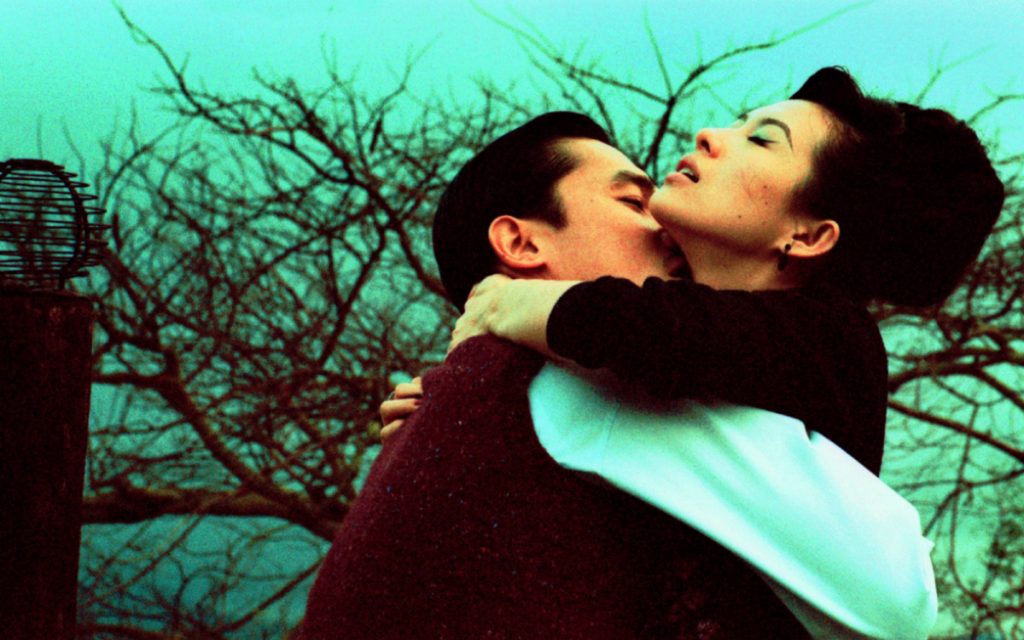One alphabet, one grammar: two languages.

Tony Leung Chiu-Wai speaks Chinese. Zhang Ziyi speaks Chinese. But is it the same Chinese?
Yes and no.
The majority language in the People’s Republic of China, often referred to as the Chinese mainland, is Mandarin Chinese, or Putonghua (普通话), literally the “common speech.” It is also the official language of the Republic of China on Taiwan, where it is called Guoyu (国语) or “the national language.” Mandarin is a tonal language with four tones. Although there are some differences in vernacular between Putonghua and Guoyu, people in the two places can communicate easily. Mandarin is one of the world’s largest language groups, with about 600 million speakers in China, Taiwan, and places like Singapore.
Cantonese is an official language of both the Hong Kong Special Administrative Region (Hong Kong) and the Macau Special Administrative Region. It has nine tones. About 150 million people worldwide speak Cantonese, including Hong Kong, Macau, southern China, and Chinese diaspora communities throughout Southeast Asia and the rest of the world (In US Chinatowns, Cantonese was the majority language for most of the past century, but this has begun to change)
Mandarin and Cantonese are not mutually intelligible. In other words, while often referred to as “dialects,” they are as different as two separate languages. This is complicated, however by their sharing the same writing system. There is no such thing as “written Mandarin” or “written Cantonese,” and references to such, in screenplays or conversation among people hoping to make a film with Chinese content, is a telltale sign that you know little about China.
The written language is all just “Chinese,” and for all intents and purposes, it is equivalent to a world in which the sentence Puella pulchra est were spoken among Frenchpeople as La jeune fille est belle, and Spaniards as La muchacha es linda. Certainly Mandarin and Cantonese are related in the way Romance languages, or English and German are, and a few words in Cantonese and Mandarin will share a pronunciation. Nevertheless, speakers of either who have not studied the other’s language will not be able to understand each another.
Hong Kong action films of the 1970s and 1980s were almost exclusively shot in Cantonese. However, the majority of the classic Shaw Bros. productions were released with Mandarin dialogue tracks. Since after-the-fact dubbing of dialogue was standard in the Hong Kong industry until the early 1990s, actors from many different backgrounds were used, with standardization imposed in the editing room.
Today, on the whole, even native Cantonese-speaking Chinese actors have learned Mandarin, given the size of China’s film market and the expanded opportunities afforded them if they can speak it. Jackie Chan’s and Andy Lau’s Mandarin are quite good; Chow Yun-Fat’s less so (its weakness in Crouching Tiger, Hidden Dragon drew a lot of criticism in China at the time of its release). Wong Kar-Wai’s films like Chungking Express and 2046 feature an element that is little remarked-upon in the West: in them, Cantonese-speaking and Mandarin-speaking actors address and answer one another in perfect comprehension without skipping a beat, a kind of radical utopianism, a fantasy of a world in which Chinese people can all get along in perfect understanding.





